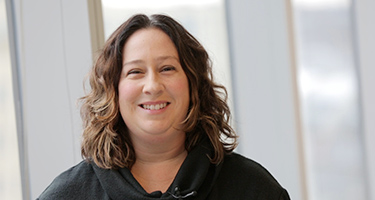This is Part 3 in our series on a new research agenda for school choice. Read Part 1, Part 2, and Part 4.
Although there are now a handful of lottery-based (or experimental) studies and strong quasi-experimental studies of the effects of voucher programs on students, the studies’ findings collectively raise more questions than they answer. Moreover, the evidence on the effects of other kinds of private school choice programs is almost nonexistent. Secretary of Education Betsy DeVos’ American Federation for Children has supported the trend in many states to promote private school choice through tax-credit-funded voucher programs and K–12 education savings accounts. Arizona and Pennsylvania pioneered tax-credit vouchers, which permit businesses or individuals to take income tax credits for donations to privately operated organizations that provide scholarships that can serve to pay private school tuition. In economic terms, this is equivalent to funding voucher programs directly from state coffers, but it usually means less state regulation of the programs and participating private schools. According to the American Federation for Children, such programs are now operating in 22 states. Meanwhile, five states (again led by Arizona) have created K–12 education savings accounts that enable parents to direct some of the state’s education funding to private school tuition, tutoring, or other educational services or materials. The video below addresses important research questions related to private school choice.
Additional research resources on private school choice programs:
- Summary of studies on effects of relatively small, privately funded voucher programs in New York, Washington, DC, Dayton, and Charlotte
- Longer-term studies of the privately funded voucher program in New York City and the federally funded voucher program in DC
- Studies of state-sponsored voucher programs in Louisiana, Ohio, and Indiana




